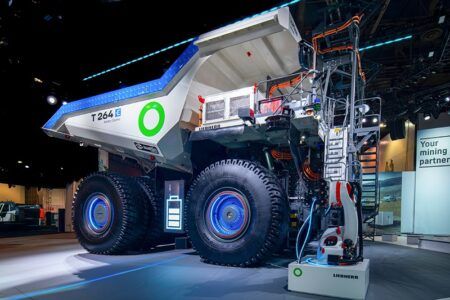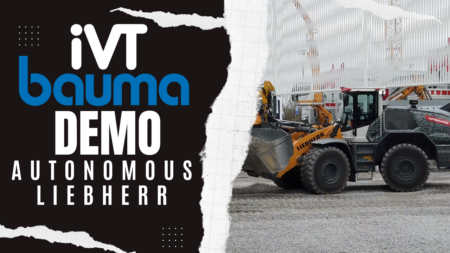A joint project has been announced between leading OEM Manitou Group, Rhenus, one of the world’s leading logistics services providers, and Effidence, a pioneer and leader in collaborative and autonomous robotics.
For several years, Rhenus has been using EffiBOT robots on a daily basis in Europe to optimise order preparation in e-Commerce. Some time ago, Rhenus’ French distribution centre in Saint-Quentin Fallavier (Isère) was looking for similar robotic solutions for its order preparation process on pallets and not bins. The team approached Effidence to design a new AGV/AMR 1. Already convinced by the Effidence’s robotic solutions, they have once again used their expertise to extend their range to stackers for order preparation.
To carry out this project, the two companies started looking for a manufacturer of warehousing equipment, capable of offering reliable handling stackers on which it would be possible to make customised modifications. Manitou Group had all the required expertise within its warehousing subsidiary LMH Solutions to offer special solutions.
Thanks to Rhenus, the collaboration between Effidence and Manitou Group resulted in the signing of a strategic business partnership across Europe. Together, Effidence and Manitou Group were able to design and manufacture an autonomous and collaborative robotic stacker to assist order pickers. After participating in the realization and implementation of this prototype, many changes were made to make it more ergonomic and optimize productivity. The result is conclusive because today, Rhenus has a stacker that is perfectly adapted to its environment, intelligent and autonomous.
Cédric Tessier, president of Effidence, explains: “We have built a solution of mobile stacker robots that autonomously move towards the item to be picked according to the orders issued by Rhenus’ Warehouse Management System (WMS). The pickers, stationary in the aisles, take the goods and place them on the pallets. A server smartly distributes this fleet of stackers to ensure that the machines circulate smooth and thus minimize the waiting time for the pickers. By significantly reducing the walking distance of pickers, productivity is clearly improved. Finally, unlike the traditional approach where an order is carried out entirely by a picker, the swarm of robots brings greater scalability thanks to the parallelisation of orders (one order per robot). Logistics is evolving, we are evolving with it!”





